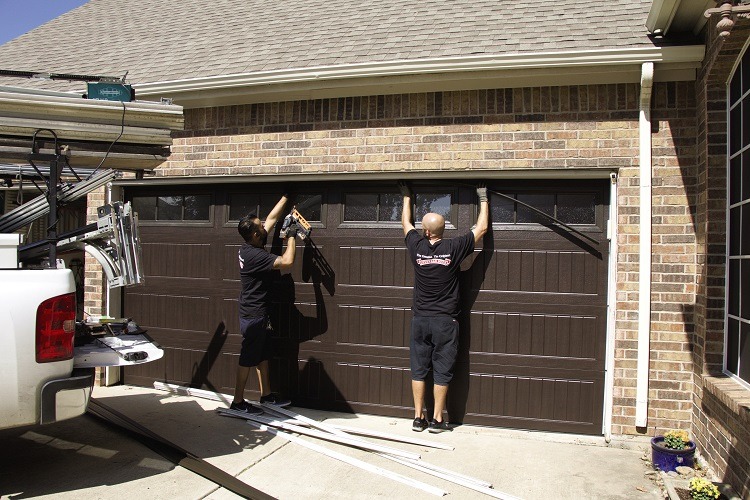Introduction
In the realm of home improvement and architectural advancements, garage doors have undergone a remarkable transformation in recent years. Modern garage doors are no longer mere utilitarian necessities; they have evolved into stylish and technologically advanced elements that enhance the overall aesthetics, functionality, and security of a home. This article explores the various aspects of modern garage doors, from design trends to cutting-edge technologies, highlighting how they have become integral components of contemporary homes.
Design Trends
One of the most noticeable shifts in modern garage doors is the emphasis on design. Homeowners are increasingly recognizing the garage door as a significant part of the overall curb appeal of their homes. As a result, manufacturers now offer a plethora of design options, ranging from sleek minimalist styles to bold and intricate patterns. Materials like aluminum, glass, and steel are commonly used to create garage doors that seamlessly integrate with modern architectural designs.
Contemporary garage door designs often incorporate clean lines, asymmetrical patterns, and innovative use of materials. Frosted glass panels, for instance, add a touch of sophistication while allowing natural light to filter into the garage space. Some designs even mimic the appearance of traditional carriage house doors, blending vintage charm with modern functionality.
Materials and Durability
Modern garage doors are constructed with durability and longevity in mind. Traditional materials like wood are still popular, but advancements in technology have led to the development of low-maintenance alternatives such as steel, aluminum, and fiberglass. These materials are not only resistant to the elements but also provide excellent insulation, contributing to energy efficiency.
Steel garage doors, in particular, have gained popularity due to their strength and resistance to dents and warping. They often come with various finishes, allowing homeowners to choose a look that complements the exterior of their homes. Aluminum doors, on the other hand, are prized for their lightweight nature and resistance to corrosion, making them ideal for coastal regions.
Smart Technologies
The integration of smart technologies has revolutionized the way we interact with our homes, and garage doors are no exception. Modern garage doors can now be equipped with smart features that enhance convenience, security, and accessibility.
Smart garage door openers allow homeowners to control and monitor their garage doors remotely using smartphones or other connected devices. This feature proves invaluable for those who often find themselves wondering whether they left the garage door open or need to provide access to someone when they’re away. Additionally, some models offer integration with virtual assistants, enabling voice commands for opening and closing the garage door.
Security Enhancements
As security concerns continue to be a top priority for homeowners, modern garage doors come equipped with advanced security features. Automated garage door openers now feature rolling code technology, which generates a new code with each use, minimizing the risk of unauthorized access. Additionally, biometric authentication and keypad entry systems provide an extra layer of security.
Some garage doors also feature built-in cameras and sensors that can detect movement and alert homeowners of any suspicious activity. This integration of security measures not only protects the contents of the garage but also contributes to the overall safety of the home.
Energy Efficiency
Energy-efficient garage doors have become a key consideration for homeowners looking to reduce their environmental impact and energy bills. Modern garage doors often come with enhanced insulation materials and construction techniques, helping to maintain a stable temperature within the garage.
Insulated garage doors not only regulate temperature but also prevent outside noise from infiltrating the space. This is particularly beneficial for homeowners who use their garages as workshops, home gyms, or additional living spaces. The improved insulation can contribute to overall energy efficiency by reducing the need for heating or cooling in connected living spaces.
Conclusion
In conclusion, the evolution of modern garage doors reflects a convergence of aesthetics, technology, and functionality. Design trends emphasize the garage door’s role in enhancing curb appeal, while materials and construction techniques prioritize durability and low maintenance. The integration of smart technologies has transformed garage doors into convenient and secure access points for homeowners. With an emphasis on energy efficiency, these doors are not only stylish but also environmentally conscious.
As we look to the future, it’s likely that modern garage doors will continue to push the boundaries of innovation, incorporating even more advanced technologies and sustainable materials. As homeowners seek personalized and efficient solutions for their living spaces, the garage door stands out as a prime example of how traditional elements of a home can be reimagined to meet the demands of the contemporary world.

